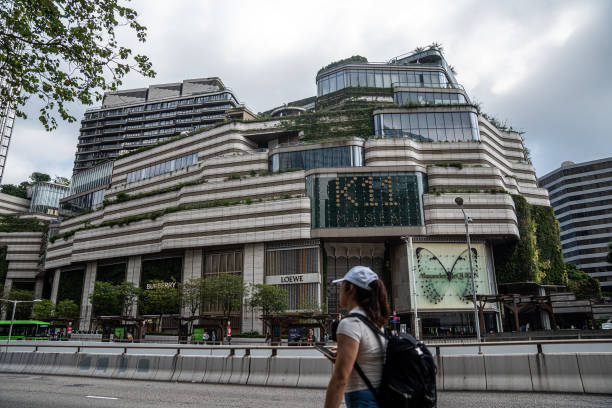Pressure is mounting on Beijing to boost Chinese consumer confidence following reports that weak retail spending has slowed the growth of the world’s second-largest economy.
Official data revealed that the Chinese economy grew at an annual rate of 4.7% in the second quarter, falling short of the 5.1% anticipated by financial markets.
Retail sales growth decelerated from 3.2% to 2% for the three months ending in June, marking the slowest pace in 18 months, with a slight decline in June alone. Lynn Song, ING’s chief China economist, noted that this dip in retail sales reflects persistent weak consumer confidence, which remains a significant challenge to economic recovery.
She attributed this to the negative impact of declining property and stock prices, coupled with low wage growth and cost-cutting measures across industries, shifting consumer spending from big-ticket items to necessities.

The Chinese government has set a 2024 growth target of 5%, a goal analysts deem ambitious without tax cuts, increased spending, and support for the property market.
Every quarter, the economy grew by 0.7% from April to June, a decline from the 1.5% growth in the first quarter, according to the National Bureau of Statistics.
To address weak domestic demand and the property sector crisis, China has ramped up infrastructure investments and funding in high-tech manufacturing.
Despite sluggish consumer spending, strong export growth has partially offset the downturn. June figures showed exports up 8.6% year-on-year, while imports fell by 2.3%.
Duncan Wrigley, chief China+ economist at Pantheon Macro, observed early signs of stabilization in the property market.
June saw new home prices drop by 0.67% month-on-month, a slight improvement over May’s 0.71% decline. Preowned home prices fell by 0.85%, better than the 1.00% drop in May. Residential sales value decreased by 12.2% year-on-year in June, a smaller drop compared to May’s 26.4% plunge.

